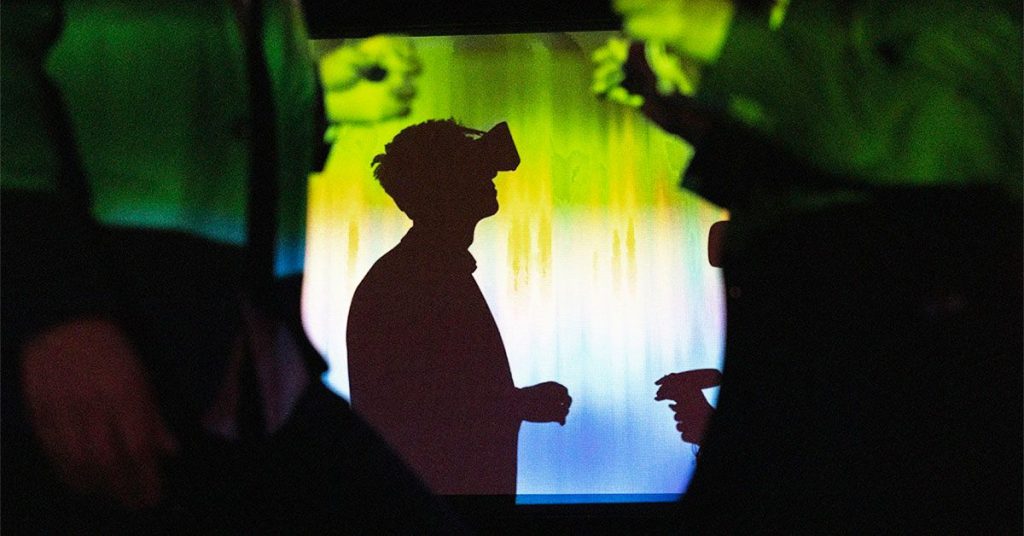A study from Stanford University found that virtual reality treatment for major depressive disorder is as effective as current telehealth therapy, with results showing promise for incorporating VR into existing therapies. The study compared behavioral activation therapy with an extended reality-enhanced version called XR-BA, which was found to be enjoyable and encouraging for patients. Both groups saw a significant reduction in symptoms, indicating that XR-BA may be a beneficial treatment option for individuals with MDD.
Participants in the XR-BA group experienced a positive placebo effect, with PHQ-9 scores dropping even before the first session. The XR-BA therapy provided engaging activities such as playing games, solving puzzles, and dancing to music, creating an immersive and empowering environment for individuals with MDD. The therapy may help motivate patients to actively participate in their treatment and reduce barriers to seeking care, according to first author Margot Paul, PsyD, MS. While the placebo effect may contribute to the positive mental health impact of XR-BA, further research is needed to explore its effectiveness.
Şerife Tekin, PhD, assistant professor at SUNY Upstate Medical University, noted that active engagement in recovery processes can strengthen patients’ agency and sense of control over their lives. While XR-BA may offer a novel and compelling treatment option for individuals with MDD, it is important to approach new interventions with caution and offer a mix of therapies to best suit individual patient needs. Research on the use of VR for PTSD has shown promise in providing exposure therapy in a controlled environment, allowing patients to feel more in control of their treatment.
Virtual reality therapy has the potential to enhance mental health treatment by providing engaging and immersive experiences that can motivate patients to actively participate in their care. By offering a mix of different interventions, clinicians can better meet the complex needs of individuals with mental health disorders. XR-BA therapy may serve as an antidote to feelings of isolation and inactivity commonly associated with depression, allowing patients to feel energized and in charge while engaging in therapeutic activities. Continued research and exploration of novel interventions like XR-BA can help improve mental healthcare and provide new options for individuals seeking treatment.


